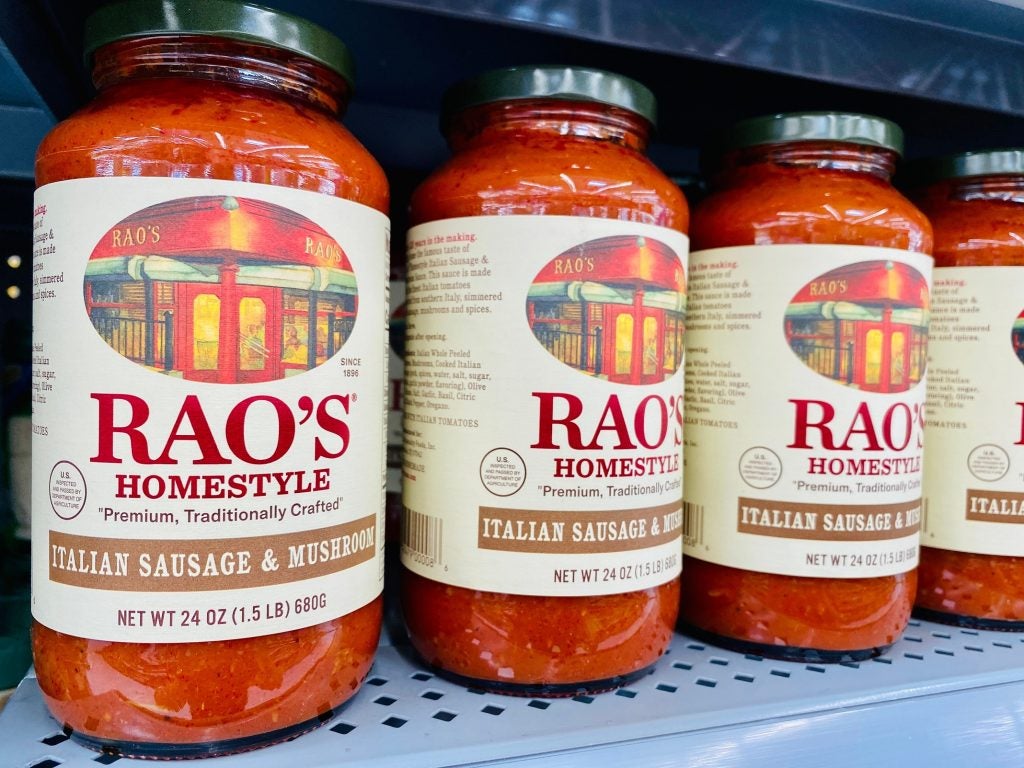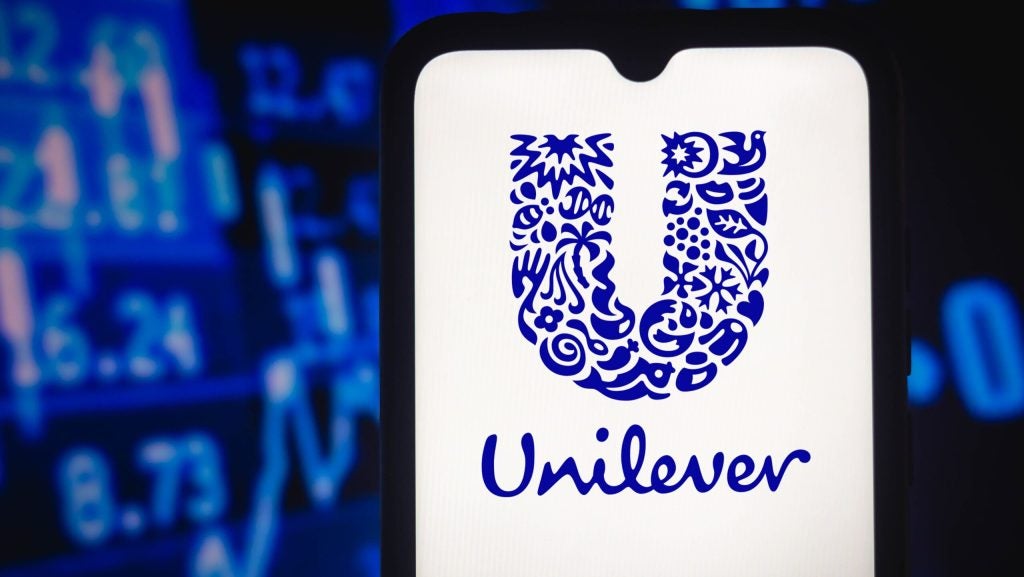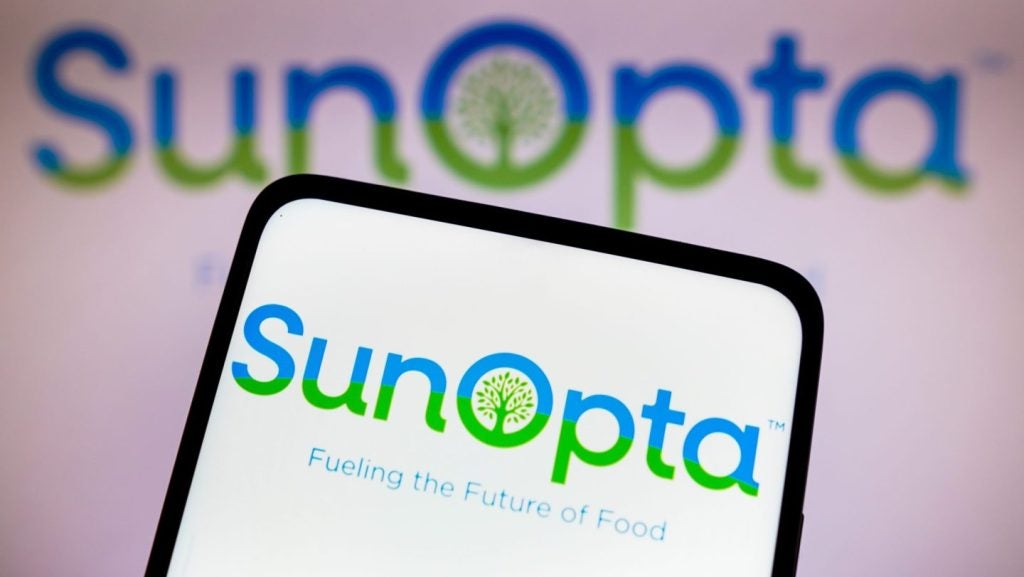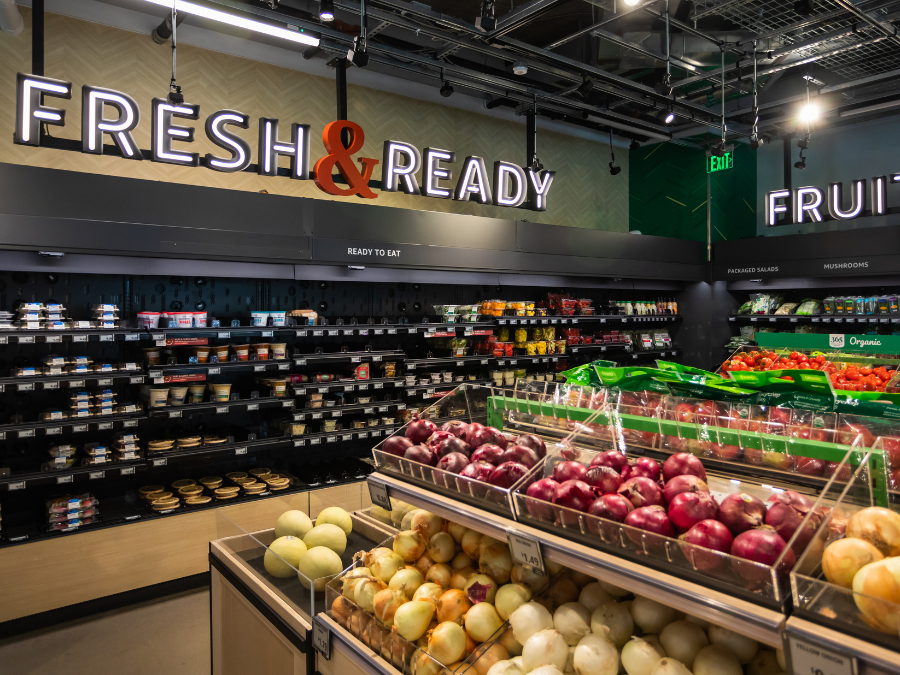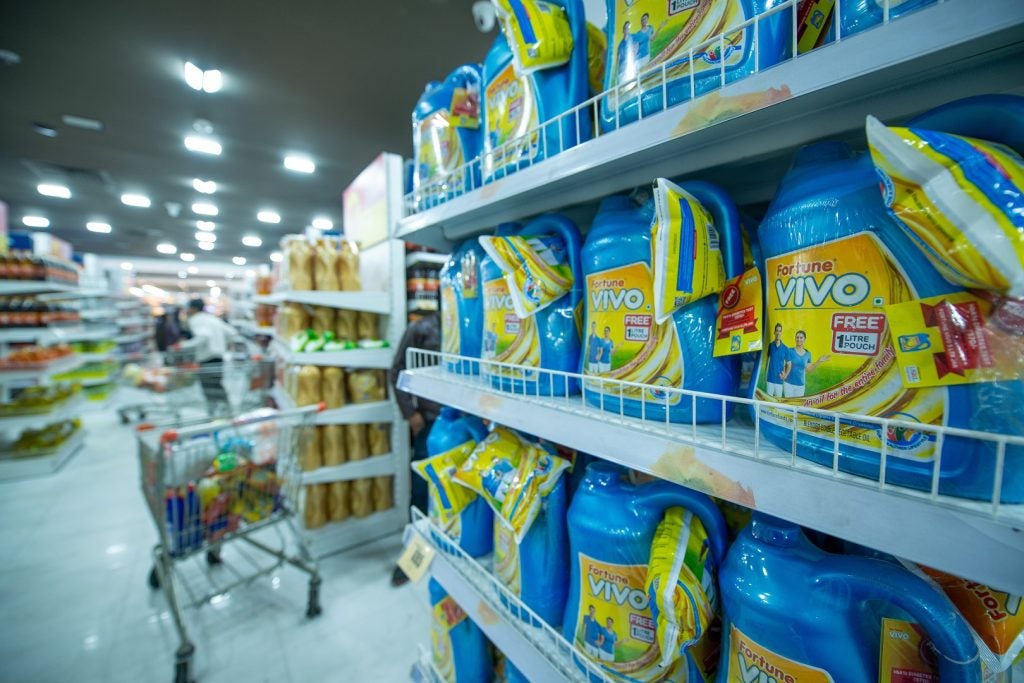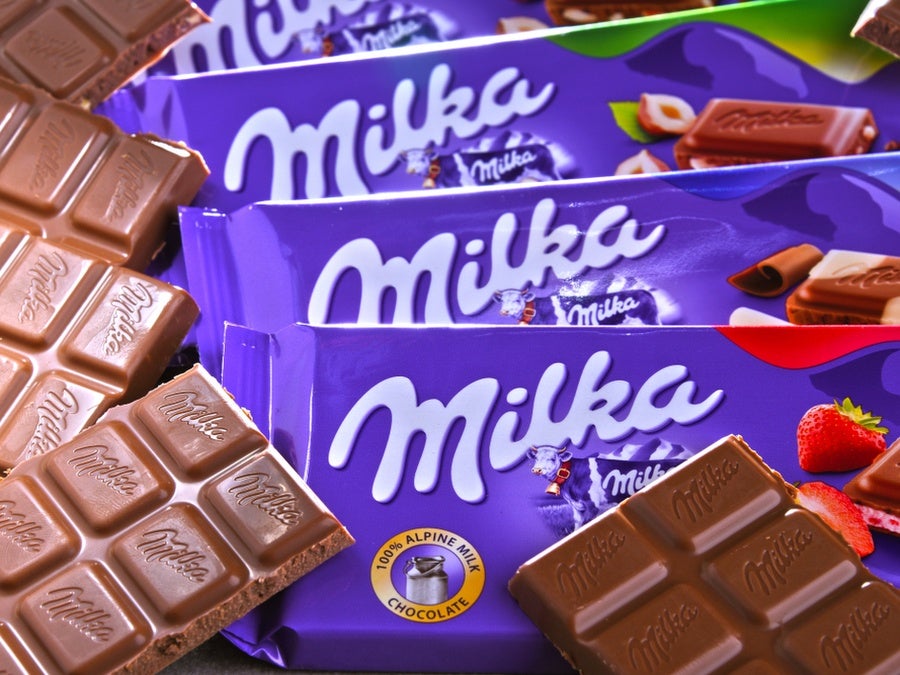Each week, Just Food’s editors select a deal that illustrates the themes driving change in our sector. The deal may not always be the largest in value or the highest profile but it will tell us where the leading companies are focusing their efforts and why.
This new, thematic deal coverage is driven by our underlying disruptor data, which tracks all major deals across our sectors.
The deal
On 7 August, Campbell Soup Co. announced the acquisition of Sovos Brands, the maker of Rao’s pasta sauces, in a move the US giant believes will strengthen its meals and beverages division. The deal gives Sovos Brands an equity value of $2.34bn and an enterprise value of $2.7bn. Campbell expects the acquisition will deliver “annual run-rate” cost synergies of $50m.
As well as Rao’s, Campbell will inherit Michael Angelo’s frozen meals and Noosa yogurts, although CEO Mark Clouse has indicated the latter is unlikely to stay with the business long term.
Why it matters
Campbell’s management team had a “strategic objective” of growing its sauces business to one that generates $1bn in revenue per year. With the acquisition of Sovos, the company looks set to achieve that goal: its new asset generated net sales of $878.4m in 2022 and has enjoyed a compound annual growth rate (CAGR) of 28% over the previous three years. US investment bank Stifel expects Sovos’ portfolio to generate over $1bn in revenue in 2024. Crucially, Rao’s accounted for more than two-thirds of Sovos’ sales in 2022.
While Sovos has been growing strongly (with organic sales growth of 20% in H1 of calendar 2023), Campbell, when analysing its last three full financial years, has been suffering from flatlining revenue.
Notably, in the company’s “other simple meals” category (which includes sauces and canned products), sales have fallen consistently year after year, declining from $1.18bn in 2020 to $1.09bn in 2022 – a 7.9% drop.
It’s important to note that, in the first nine months of Campbell’s current fiscal year, a period that ran to 30 April, the company reported growing net sales from each of its business units, including “other simple meals”.
That said, in recent months, the combined net sales from the company’s meals and beverages business – which houses soup, “other simple meals” and drinks – have curdled somewhat.
In June, when Campbell reported its Q3s, Clouse said the company’s snacks arm was “on fire” and “hitting on all cylinders”. The meals and beverages unit, meanwhile, reported a 2% fall in sales, principally, Campbell said, due to its soup business.
Investment bank AllianceBernstein, however, expects Sovos to “add circa 18%” to Campbell’s meals and beverages business, noting, however, the incoming portfolio generates a lower adjusted EBITDA margin than the meals and beverages arm of their prospective new owner, at least before the impact of synergies.
Alexia Howard, an analyst at AllianceBernstein, adds: “Overall, it does seem that this could be an important lever to shore up flagging sales in other parts of the meals and beverage segment, although whether it will be sufficient to overcome declines elsewhere remains to be seen.”
Campbell’s main target is fast-growing Rao’s, which represented 69% of its Sovos’ sales in 2022. According to Campbell’s own analysis, Rao’s is a market leader in what the company calls “ultra distinctive Italian sauces” in the US. Campbell says the category grew at a CAGR of 33% between 2017 and 2022. This compares to the weaker dynamics seen in the “distinctive” and “mainstream” categories, which have grown at a CAGR of 7% and 4% over the same period.
Campbell says it sees “significant runway for growth” for Rao’s. Discussing the acquisition with analysts this week, the company said the brand has achieved less than 14% household penetration compared to approximately 20% among the its peers in its category, suggesting there remain opportunities for improved distribution: Rao’s stocks an average of ten items less per store compared to key category players (a group in which Campbell included its own Prego sauce), while the company said there is a 20pt “all commodity volume” difference between Rao’s top five SKUs and its next five.
The transaction, meanwhile, indicates Campbell is optimistic about the resilience of premium food brand sales, amid ongoing inflation and consumer spending cutbacks. Mitsue Konishi, lead food analyst at GlobalData, views the deal positively. She argues there is “a relatively favourable outlook in both value and volume sales” for the categories in which Campbell and Sovos play.
“The value growth is faster than the volume growth, which tends to mean that premiumisation is trending in the market,” Konishi explains. “Sovos Brands’ products are mostly premium offerings with a well-established reputation. Even though they are premium, they are still more accessible than eating out at a restaurant.”
Analysts at Stifel, on the other hand, are not so confident, saying they are approaching the growth potential of the new portfolio “cautiously”, amid private-label share gains and an increase in competitive activity. Dollar sales of store brands increased 8.2% during the first half of 2023, outpacing national brand sales gains of 5.1%, according to data by research firm Circana. A single jar of Rao’s pasta sauce is priced at $7-8, while other brands sell for as little as $1.50 at the same stores.
Stifel also raises the prospect of regulatory challenges, pointing out that the US pasta sauce market is concentrated, with the top four manufacturers and private labels controlling over 80% market share. The merger would combine the second and third largest sauce manufacturers for a combined 70% share of the market. Campbell, however, may well argue that there is little overlap with consumers, given the mainstream, distinctive and ultra-distinctive segmentation of the pasta sauces market.


